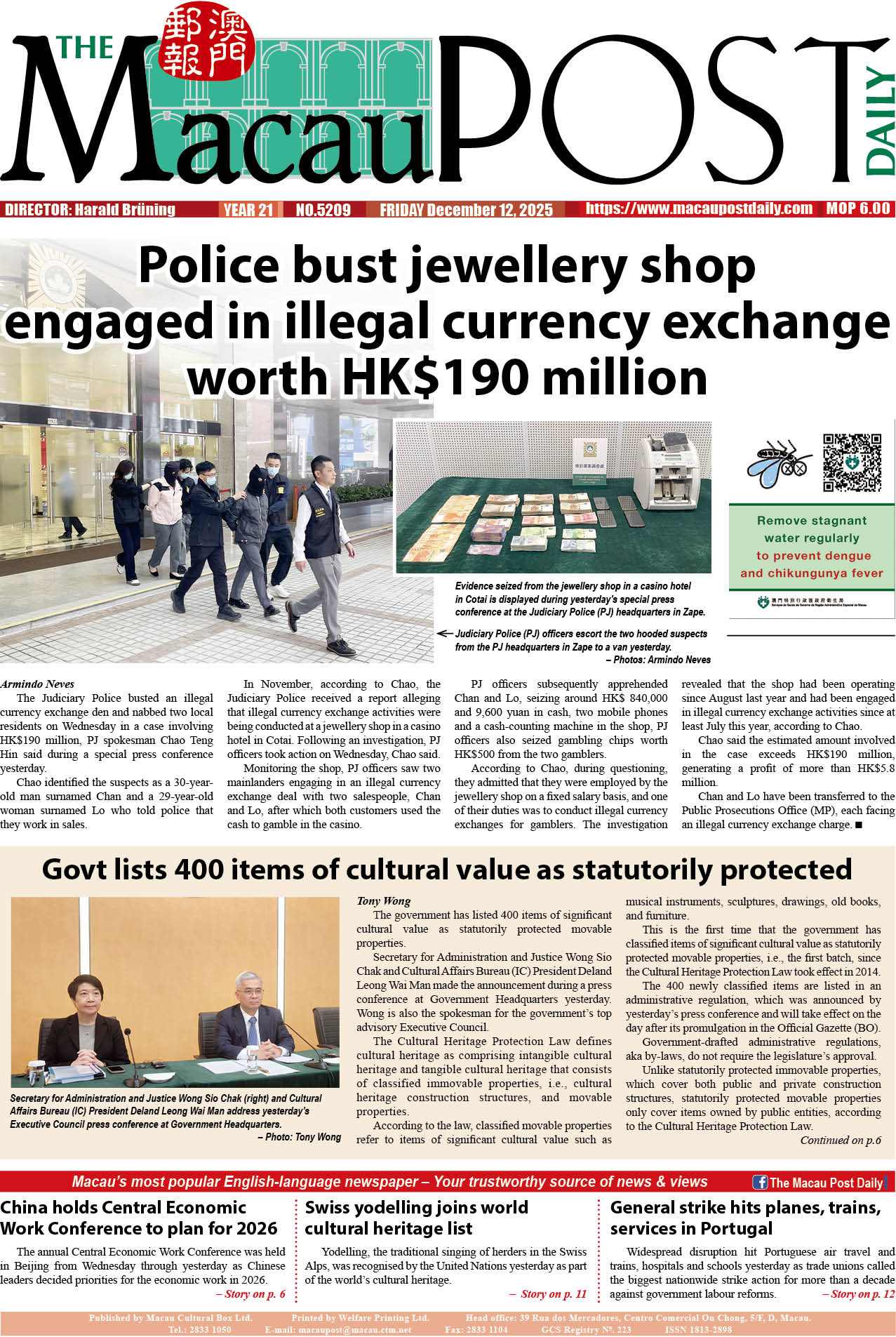China Daily Editorial
The Donald Trump administration’s Section 301 tariffs against China, launched in July 2018, undoubtedly initiated the straining of Sino-US relations.
So it is understandable that with the Joe Biden administration trying to repair relations, China has urged it to lift the punitive tariffs, which have proved harmful to both sides, at an early date.
Although the Biden administration started a review of the impact of these tariffs last year, the move was largely out of the need to check the then rampant inflation by reducing consumer prices. The review should be carried out every five years according to the US’ rules. So it is good to hear that the trade chief of the Biden administration said the review might be finished this year for the sake of stabilizing Sino-US economic and trade relations.
At the Transatlantic Forum on GeoEconomics hosted by the Atlantic Council in Berlin on Friday, United States Trade Representative Katherine Tai noted that the Biden administration will “wrap this up hopefully by the end of this year”.
The Biden administration should give serious consideration to whether the irrational tariffs should be extended for another five years, but any political calculation that it can partly lift tariffs as a bargaining chip is fundamentally flawed.
Since the struggle between the Democrats and the Republicans is hotting up ahead of next year’s presidential election, the Republicans will definitely ferociously attack the Biden administration if it ends their strategic legacy. But that is a price the Biden administration should be willing to pay as the impact on the US economy, if the tariffs are extended for another five years, means it will have to bear an even greater cost.
As the trade war drags on into the fifth year, the US side has already recognized that its rigorous technology export and investment controls and other extreme “de-risking” measures, which are in essence trade bullying and economic coercion, cannot sever its economic and trade ties with China.
The structural differences of the US and Chinese economies and their “different philosophical underpinnings”, as Tai put it, make the two economies complementary and only underscore the potential for cooperation.
Notably, it was also on Friday when China and the US announced they would form their respective economic and financial working teams. They also hinted that more such working groups may be established in the future to cover trade and climate change.
As Tai has also repeatedly expressed her willingness to visit China at a proper time over the past half a year, her China trip in the foreseeable future would not be a surprise after the Biden administration’s top diplomat and chiefs of finance and commerce and special envoy for climate change have all visited the country since June.
The positive momentum in Sino-US ties should be cherished by both sides. Since it is up to the doer to undo what has been done, the Biden administration should take the initiative to end the tariffs to consolidate the progress made in repairing bilateral relations.
– Courtesy of China Daily








